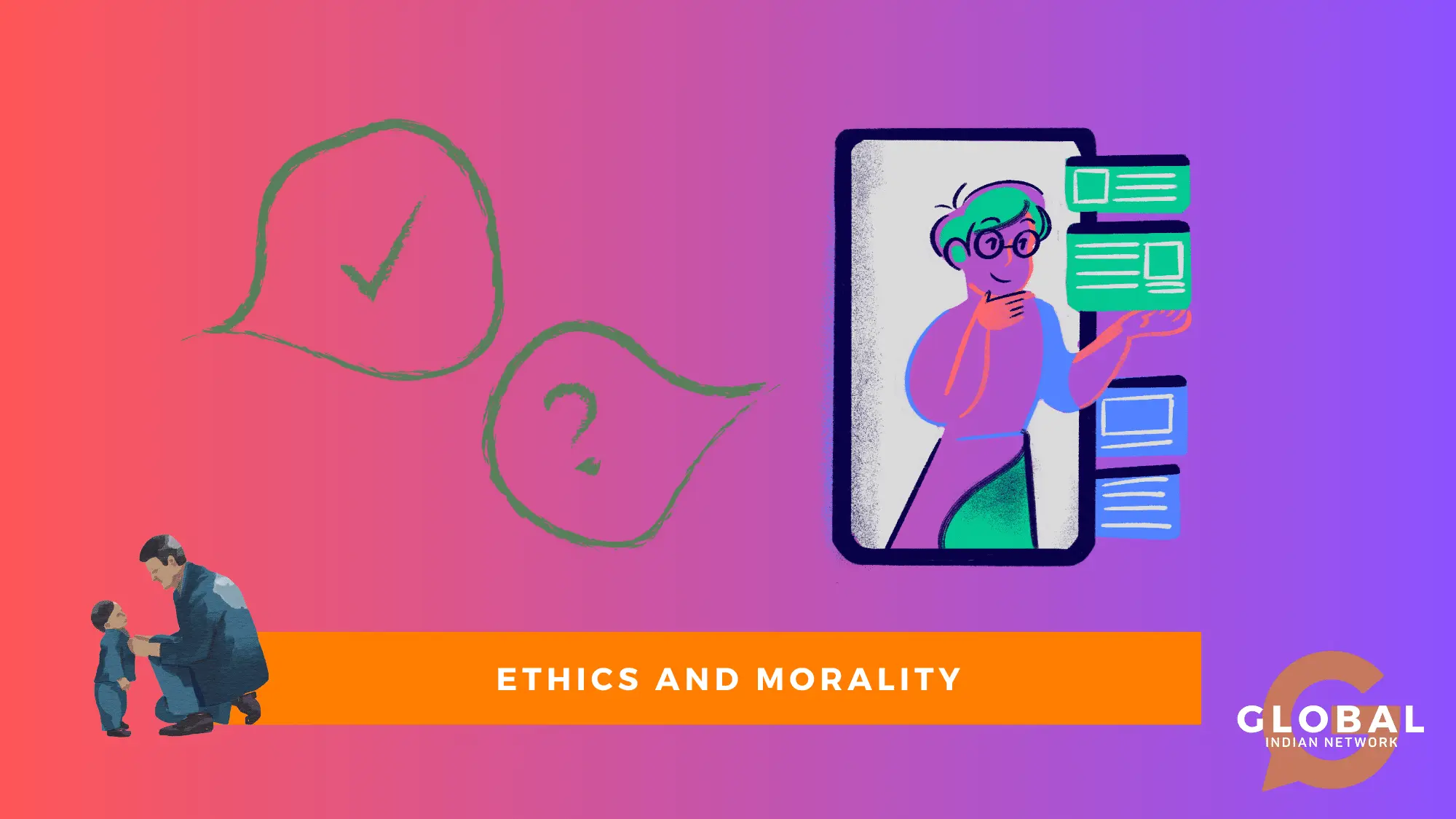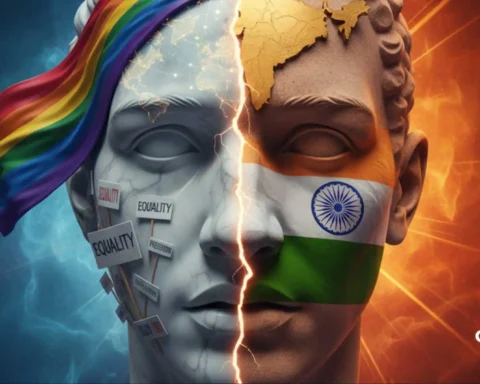Political ethics plays a pivotal role in shaping the moral fabric of a society. It governs the conduct of individuals involved in political action, be it in government, political parties, or any sphere of public life. This article delves into the intricate world of political ethics, exploring its significance and impact on our collective well-being. We will also touch upon the simplified version of political ethics for Ethics preparation and the contributions of institutions like the Christopher Kolade Centre for Research in Leadership & Ethics. Furthermore, we will discuss how ethics functions in the context of policy formulation and the ethics of the political process.
Table of Contents
The Significance of Political Ethics
Political ethics forms the ethical backbone of politics, guiding individuals in the political arena. It defines what is right and wrong in political actions, ensuring accountability and trust within the system.
Understanding the Essence of Political Ethics
Political ethics serves as the moral compass that guides individuals engaged in the realm of politics. It encompasses the principles, values, and standards that dictate what is right and wrong in political action. The ethics of politics is essential for maintaining trust and integrity within the system. It helps in holding political actors accountable for their actions, ensuring that they act in the best interests of society.
The Role of Ethics in Political Action
Ethics in politics is not a mere abstraction but a practical tool influencing decision-making. It reminds political actors that their actions have consequences and must consider their choices’ ethical implications. Whether it is crafting policies, engaging in public discourse, or making crucial decisions, political ethics should always be at the forefront.
Political Ethics in Practice
Ethical conduct within political parties is pivotal for fostering fair competition and preventing the use of unethical tactics in the pursuit of power.
Ethics in Political Parties
In practice, political ethics manifests itself in various ways. It governs the behaviour of political parties and their members. Political parties are the vehicles through which individuals seek to attain power and influence, and their adherence to ethical standards is crucial for the functioning of a democratic society. Ethical behaviour within political parties promotes fair competition and discourages the use of unethical tactics to gain an advantage.
Ethics in Government
Within the government, political ethics is equally important. Public officials, elected or appointed, are entrusted with the responsibility of making decisions that impact the lives of citizens. These decisions must be made with the highest ethical considerations, ensuring that they benefit the greater good rather than personal gain.
Ethics Simplified
Preparing for Ethics requires a deep understanding of political ethics, a critical examination component assessing ethical aptitude and integrity.
Preparing for Ethics
Understanding political ethics is paramount. The Ethics paper evaluates candidates on their ethical aptitude and integrity. It requires a deep understanding of ethical concepts, including those related to political ethics.
The Relevance of Political Ethics in Exams
Simplifying Ethics involves breaking down complex ethical theories and principles into understandable concepts. Political ethics, being a significant part of this paper, requires candidates to grasp the ethical dimensions of political actions, policies, and public service. It prepares them for a career in civil services, where ethical conduct is non-negotiable.
Institutional Contributions
The Christopher Kolade Centre for Research in Leadership & Ethics plays a vital role in advancing the study and promotion of political ethics, emphasizing the need for ethical leadership and governance.
The Christopher Kolade Centre for Research in Leadership & Ethics
The Christopher Kolade Centre for Research in Leadership & Ethics is one such institution that contributes significantly to studying and promoting political ethics. Named after its founder, Christopher Kolade, a renowned Nigerian diplomat, the centre conducts research and offers programs aimed at fostering ethical leadership and governance in Africa and beyond.
Promoting Ethical Conduct in Politics
The centre plays a pivotal role in advancing the conversation on ethics in politics, emphasizing the need for ethical conduct in leadership and public service. It collaborates with governments, civil society organizations, and academia to create a culture of integrity and accountability.
Ethics of Policy Formulation
Ethics plays a crucial role in shaping policies by ensuring they align with moral principles and positively impact society.
How Ethics Influences Policy Decisions
Ethics also functions as a critical component of policy formulation. When crafting policies, political actors must consider the ethical implications of their decisions. This includes assessing the potential impact of policies on different segments of society, particularly vulnerable populations. Ethical policy formulation seeks to strike a balance between the pursuit of political interests and the adherence to moral principles.
Balancing Interests and Values
Moreover, policies must align with international ethical standards, ensuring that a nation’s actions are in harmony with global values and norms. The International Encyclopedia of Ethics serves as a valuable resource for understanding these global ethical standards and their relevance to political decision-making.
Ethics of the Political Process
Upholding ethical standards in the political process is essential to maintain fairness, transparency, and the trust of citizens.
Ensuring Fairness and transparency
Ensuring the ethics of the political process is essential for upholding the principles of democracy. The political process should be characterized by fairness, transparency, and inclusivity. Political actors should refrain from using unethical means to gain power or manipulate public opinion. International standards and conventions provide guidelines for maintaining ethical standards in elections and other political processes.
The role of international standards
Political ethics, with its emphasis on accountability and integrity, forms the bedrock of a healthy political process. It ensures that citizens can trust their political institutions and that their voices are heard and respected.
Environmental Ethics in Politics
Environmental ethics within politics involves addressing critical environmental issues and promoting sustainable practices for the benefit of future generations.
Addressing environmental challenges
Environmental ethics is an integral part of political ethics. Political actors have a responsibility to address environmental challenges and promote sustainability. This includes making decisions that protect the environment, reduce pollution, and mitigate the effects of climate change.
Conclusion
In conclusion, political ethics is not a theoretical concept but a vital aspect of public life. It influences political action, guides policy formulation, and shapes political processes. Understanding and upholding political ethics is essential for a just and ethical society. Whether you are an aspirant or a seasoned politician, the principles of political ethics should always guide your actions in the complex world of politics.
FAQs
What is ethico-political?
Ethico-political refers to the intersection of ethics and politics. It involves the consideration of ethical principles and values in the realm of political decision-making and governance.
What are the different types of ethics in government?
Ethics in government can encompass various types, including administrative ethics (focused on public administration and bureaucracy), political ethics (pertaining to the behaviour of politicians and political parties), and policy ethics (concerned with ethical considerations in policy formulation and implementation).
What is social-political ethics?
Social-political ethics is the study of ethical principles and values as they relate to societal and political issues. It examines the moral aspects of policies, laws, and social structures within the context of governance and public life.
What are the roles of ethics in social and political development?
Ethics in social and political development helps ensure fairness, transparency, and accountability in government actions. It fosters trust among citizens, encourages responsible decision-making, and contributes to society’s overall well-being by upholding moral standards and principles.










[…] By the end of this article, you will have a thorough understanding of the strategies employed, the ethical dilemmas they pose, and the consequences they can bear on the global political […]
[…] conservatism, shedding light on its historical roots and contemporary relevance in the political […]
[…] Political obligations refer to the moral duties that individuals have towards their government or political authority. These obligations arise from the social contract between citizens and the state, where individuals consent to be governed and agree to abide by the laws and regulations of the society. Political obligations include duties such as obeying the law, paying taxes, participating in democratic processes, and respecting the authority and legitimacy of the government. While political obligations are often grounded in theories of social contract and citizenship, they may also be influenced by cultural, historical, and ideological factors. […]